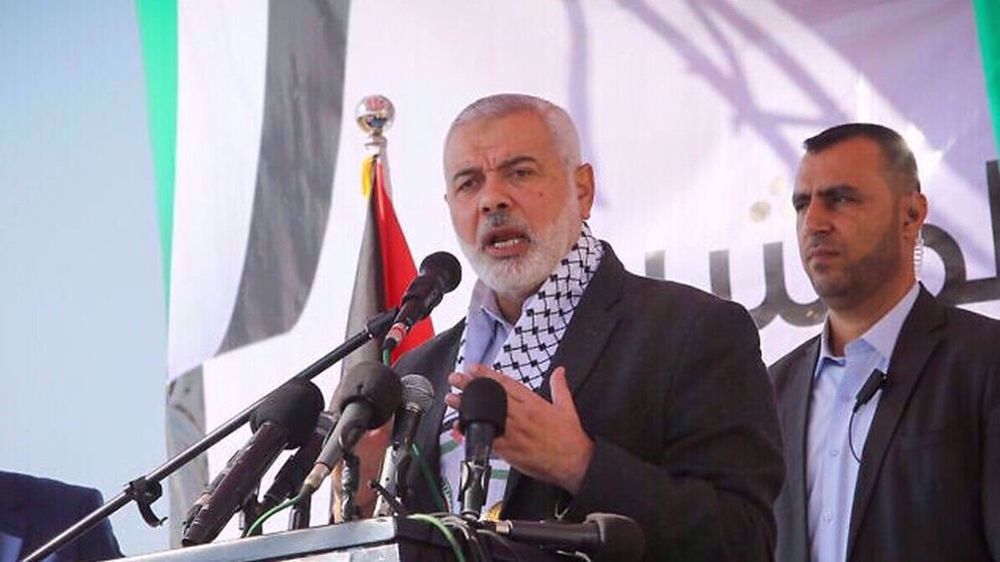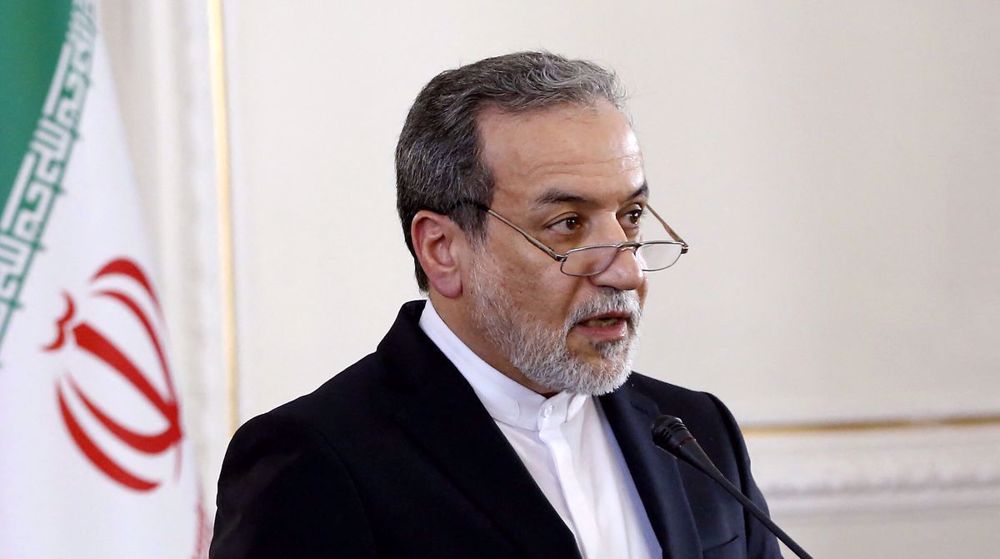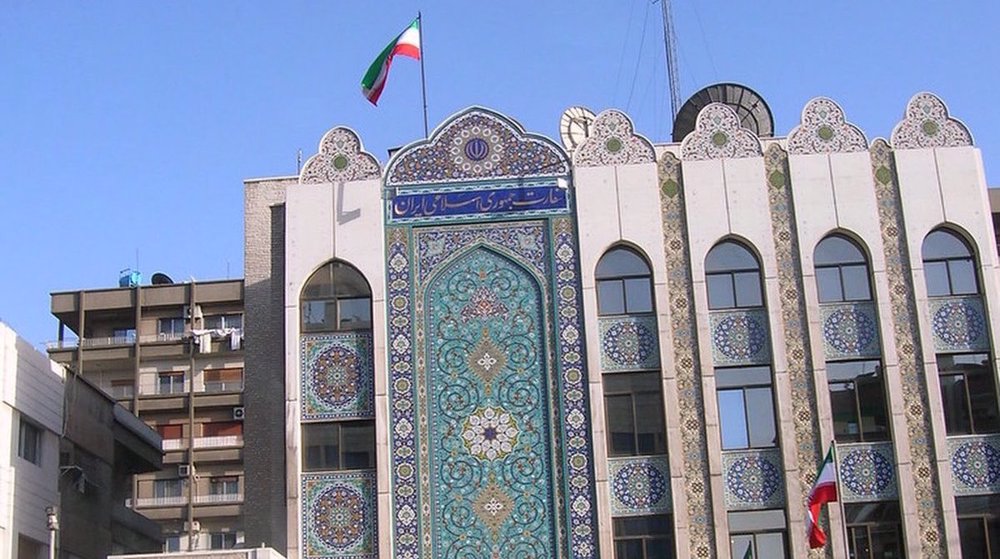Iran vows tough reaction if JCPOA violated: Salehi
Iran will show a “resolute and tough” reaction to any violation of a landmark nuclear agreement it signed with the P5+1 group of countries in 2015, the Iranian nuclear chief says.
“In case of any violation of the JCPOA (the nuclear agreement, officially known as the Joint Comprehensive Plan of Action), by the other side, Iran’s reaction will be resolute and tough,” Ali Akbar Salehi, the head of the Atomic Energy Organization of Iran (AEOI), said in an address to the International Conference on Nuclear Security in Vienna on Monday.
He expressed regret over certain recent 'unwise moves and measures' by the US against the nuclear agreement, which was signed in Vienna in July 2015 and entered into force in January.
“Iran has so far remained committed to its obligations under the JCPOA and will not initiate the violation of commitments,” Salehi said.
He, however, emphasized that the JCPOA longevity depends on the fulfillment of commitments by other sides.
The AEOI chief made the remarks in reaction to a recent move by the US Congress, which Iran has stressed is a violation of the JCPOA.
The US Senate on December 1 voted to extend the Iran Sanctions Act (ISA) for another 10 years. The sanctions law, which would authorize the US president to re-impose sanctions on Iran, was first adopted in 1996 to punish investments in the Islamic Republic over its nuclear program and support for anti-Israeli resistance groups. The ISA now needs President Barack Obama’s signature to turn into law.
Under the JCPOA, signed between Iran and the five permanent members of the UN Security Council – the United States, France, Britain, China and Russia – plus Germany, Tehran undertook to put limitations on its nuclear program in exchange for the removal of all nuclear-related bans imposed against it.
Elsewhere in his address, Salehi expressed regret over the lack of transparency about more than 80 percent of nuclear substances which are used for military purposes and said Iran strongly supports any move aimed at creating a world free of nuclear weapons.
He called for the universal observation of the nuclear Non-Proliferation Treaty (NPT) and establishment of a Middle East devoid of any nuclear weapons.
The Iranian nuclear chief described as “unjustifiable” Israel’s refusal to join the NPT and said the regime’s military nuclear activities are a matter of serious concern and a threat to regional and international security.
The Israeli regime, which pursues a policy of so-called deliberate ambiguity about its nuclear bombs, is estimated to have 200 to 400 nuclear warheads in its arsenal. The regime has refused to allow inspection of its military nuclear facilities or to sign the NPT.
Salehi also called for the protection of sensitive information about nuclear security issues, saying, however, “Measures concerning nuclear security must not weaken or overshadow international cooperation on the peaceful use of nuclear energy.”
Organized by the International Atomic Energy Agency, the five-day International Conference on Nuclear Security: Commitments and Actions kicked off in the Austrian capital on Monday.
The conference is being convened to discuss the national and international community’s experiences and achievements to date in strengthening nuclear security; to enhance understanding of current approaches to nuclear security worldwide; to identify trends; and to provide an inclusive forum at which ministers, policymakers, senior officials and nuclear security experts can formulate and exchange views on future directions and priorities for nuclear security and how these may evolve.
Israeli occupation forces expand aggression in SW Syria, seize local weapons
Dec. 24: ‘Axis of Resistance’ operations against Israeli occupation
VIDEO | MEK trial in Tehran reveals heinous terrorist crimes
VIDEO | No Christmas in Gaza again
Iran condemns Israel’s brazen admission of Haniyeh murder
VIDEO | Conference in Islamabad explores Pakistan-Iran ties
Hamas condemns Israeli evacuation order of Indonesian Hospital
VIDEO | Yemen resistance remains resolute










 This makes it easy to access the Press TV website
This makes it easy to access the Press TV website